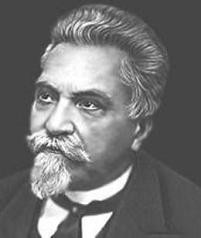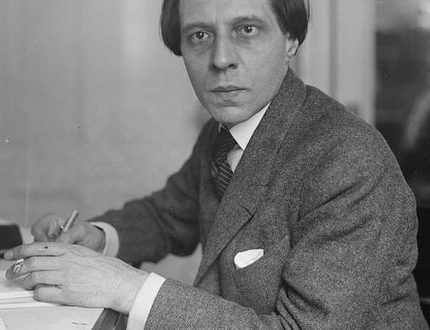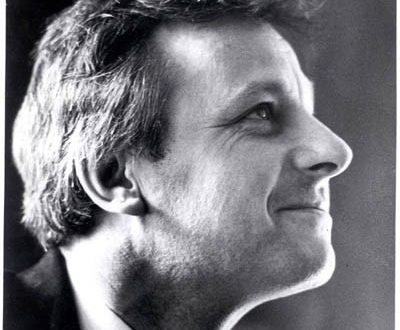
Vasily Ilyich Safonov |
Vasily Safonov

Born in the village of Itsyurskaya (Terek region) on January 25 (February 6), 1852 in the family of a Cossack general. He studied at the St. Petersburg Alexander Lyceum, at the same time he took piano lessons from AI Villuan. In 1880 he graduated from the St. Petersburg Conservatory with a gold medal as a pianist and composer; in 1880-1885 he taught there, and also gave concerts in Russia and abroad, mainly in ensembles with famous musicians (cellists K.Yu. Davydov and A.I. Verzhbilovich, violinist L.S. Auer).
In 1885, on the recommendation of Tchaikovsky, he was invited as a professor of piano at the Moscow Conservatory; in 1889 became its director; from 1889 to 1905 he was also the conductor of symphony concerts of the Moscow branch of the Imperial Russian Musical Society (IRMO). In Moscow, Safonov’s outstanding organizational talent unfolded in full force: under him, the current building of the conservatory was built with the Great Hall, in which an organ was installed; the number of students almost doubled, the teaching staff was significantly updated and strengthened. The most fruitful period of Safonov’s conducting activity is also connected with Moscow: under his leadership, approx. 200 symphony meetings, in the programs of which new Russian music occupied a prominent place; he streamlined the plan of the concert activities of the IRMO, under him major Western musicians began to constantly come to Moscow. Safonov was an excellent interpreter of Tchaikovsky, one of the first to enthusiastically greet the young Scriabin; under his direction, compositions of the St. Petersburg school, especially Rimsky-Korsakov and Glazunov, were constantly performed; he carried out a number of premieres by such authors as A.T. Grechaninov, R.M. Glier, S.N. Vasilenko. The importance of Safonov as a teacher was also great; A.N. Skryabin, N.K. Medtner, L.V. Nikolaev, I.A. Levin, M.L. Presman and many others passed through his conservatory class. He later wrote a book about the pianist’s work called The New Formula (published in English in 1915 in London).
In the musical life of Moscow in the last decade of the 19th – early 20th century. Safonov took the central place, which was empty after the death of N.G. Rubinshtein. A man of strong will and phenomenal efficiency, quick-tempered and abrupt, Safonov often came into conflict with others, which eventually led to his removal from the post of director of the conservatory in 1905 (a staunch monarchist, Safonov spoke out against the typical for that time “demands of revolutionary students” and liberal sentiments of professors). After that, having rejected the offer to head the St. Petersburg Conservatory, he acted exclusively as a conductor, and mainly abroad; in particular, in 1906-1909 he was principal conductor of the New York Philharmonic Orchestra and director of the National Conservatory (in New York). They wrote about him as a world-class performer, noting the originality of his manner – Safonov was one of the first to conduct without a stick. Safonov died in Kislovodsk on February 27, 1918.
Encyclopedia





